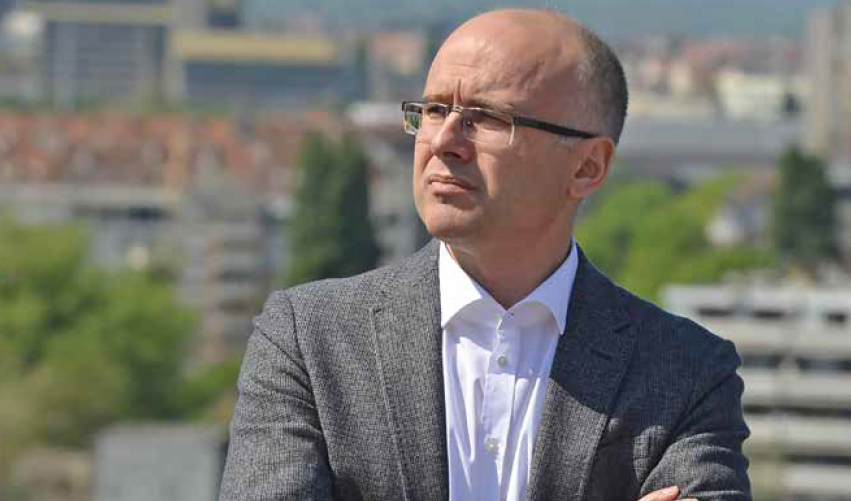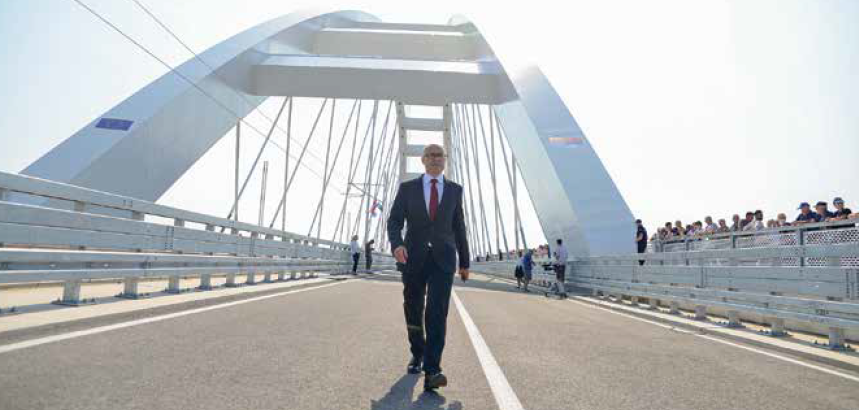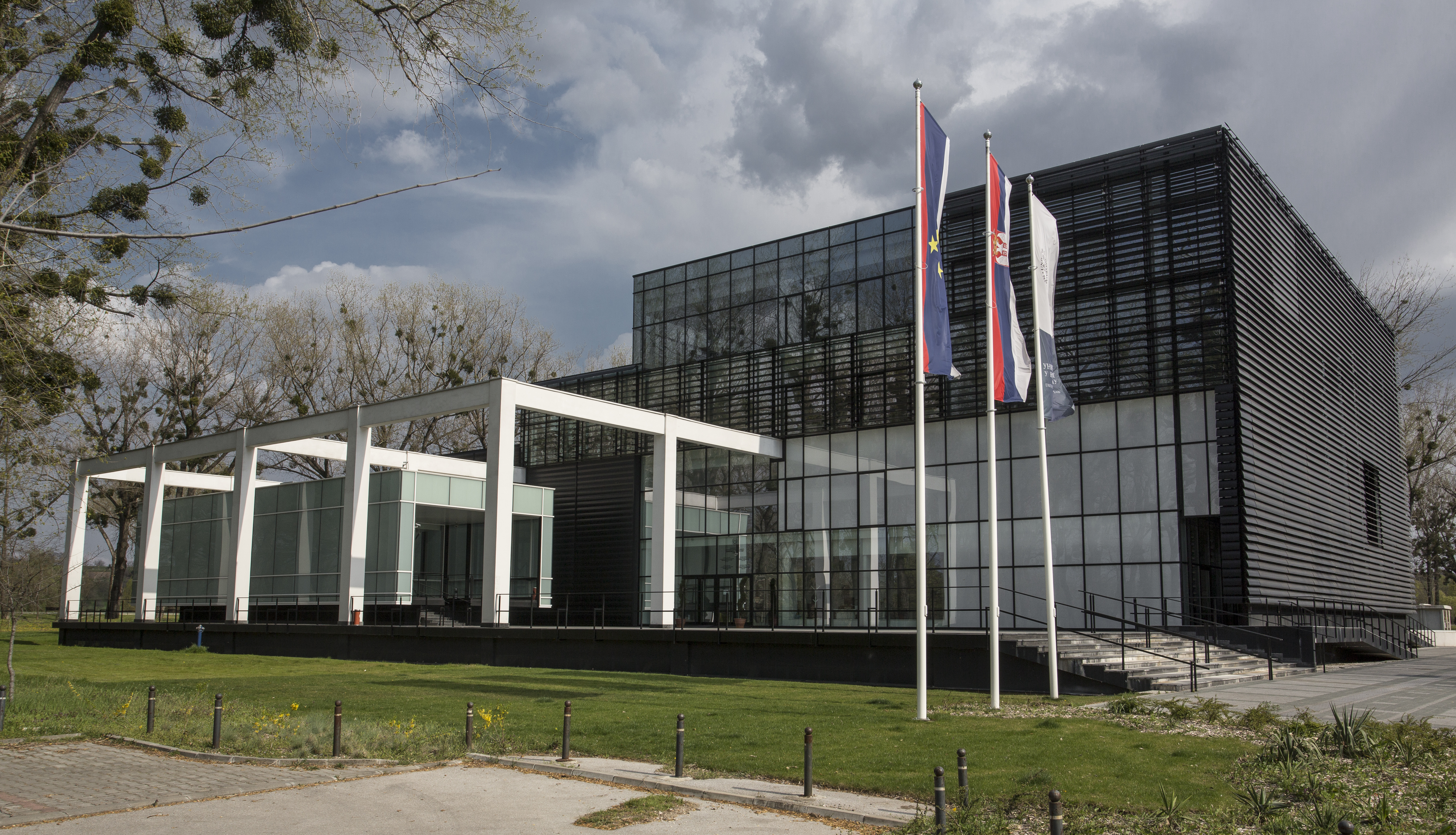The arrival of powerful multinational companies in Novi Sad, attract other investors, which value highly skilled workforce, creativity, a strong scientific community and good business conditions, as a magnet

Novi Sad is increasingly becoming an industrial, IT and tourist hub. „The arrival of foreign companies has caused the revival of Novi Sad in every segment of life, and now, our city has become a more attractive investment destination, all sectors of the economy are developing and we are attracing more tourists,” says Miloš Vučević, mayor of Novi Sad. “You know, when you are mapped by multinational companies like Lear, Delphi, and Continetal, which opened an R & D centre in Novi Sad, you are more talked about, the interest in you grows, and, as the potential investors that I meet usually say to me, they were intrigued to find out about Novi Sad’s comparative advantages since so many companies are racing to be present in its market,” the mayor says. The arrival of foreign investors has also re-launched all other economic branches. According to the data compiledthe Business Registers Agency for 2016, the share of foreign capital in the total capital of companies operating in the territory of the City of Novi Sad is about 30%.
What does Novi Sad’s economic ID look like today? Which countries do key investors come from and in which industries and services have they been investing?
— At present, there are 29,000 domestic, foreign or mixed-ownership companies operating in Novi Sad. Only in the first six months of this year, 425 new companies and 1,233 small businesses were registered, with most of them, around 38%, engaged in wholesale and retail trade, followed by manufacturing, consulting, scientific, innovation and technical activities, and construction and transportation. Foreign companies mostly come from the automotive, machine and IT sectors, and the majority of them originate from the countries in the European Union and the United States.
How much has the investment growth affected the key economic indicators of the city?
— At the end of last year, Novi Sad had 142,420 registered workers, which is 7,362 more than in 2015. The highest growthwas recorded in the manufacturing sector, over 20%. At the same time, the number of unemployed was reduced from 26,406 at the end of 2015 to 16,774 in 2017. According to the official records, there were 15,308 unemployed people in Novi Sad, at the end of June last year.

What potential does Novi Sad have to become an innovation hub of Serbia and attract foreign knowledge-based companies?
— Novi Sad can already been dubbed the creative and innovative hub of Serbia, primarily thanks to our fellow citizens; mostly young people who quickly absorb and apply novelties that result in changes in all segments of life. After all, Novi Sad is declared the Youth Capital of Europe for 2019 and the European Capital of Culture for 2021, and has firmly positioned itself as a strong university and IT centre in Serbia where hundreds of local companies cooperate with companies around the world. Following the completion of the construction of the Science and Technology Park on the university campus,another big door of opportunity will be opened for small startup companies, as well as new development and research centres. The facility will span 29,000 square metres, of which the classrooms and laboratories of the Faculty of Technical Sciences will occupy 10,000 square meters, and the rest of the space will be for companies.
Can we say that the domicile economy is feeling a spillover effect of innovation that comes from the Faculty of Technical Sciences in Novi Sad? What is city government doing to bolster the interaction between scientific community and private businesses?
— The Novi Sad University is the originator of over 140 startup and spin-off companies, with some of them being not only the biggest employers in Serbia, but are present worldwide with their software solutions. The city of Novi Sad has excellent cooperation with the faculties and institutes of the University of Novi Sad. Representatives of the University are members of our two councils – the Economic Council and the Employment Council – where we exchange ideas, discuss economic problems, give suggestions on how to solve them and how to bolster the interaction with the economy. Private companies, that are members of our Economic Council, also participate in the university professional practice project, which is implemented in the city administration, public enterprises and public utility companies. In cooperation with the Faculty of Technical Sciences, the Informatika public utility company and the Development Agency of Vojvodina, the City of Novi Sad is one of the founders of the Business Incubator in Novi Sad, which is dedicated to beginners in IT business and creative industries. 14 startup companies, employing 85 people, now operate in this incubator, on an area spanning about 800 square metres. Furthermore, over 80% of the companies that were “tenants” in the Novi Sad business incubator are still active today and are successful in their respective businesses. We want to motivate business people as much as we can to use the know-how of institutes, faculties and research centres, because that directly contributes to technological development, higher competitiveness, increased exports and creation of new high-tech jobs.

How did the launch of Continental’s Research and Development Centre affect the the city’s capacity to attract even more investors that bring new technolo-gy and know-how? What do you expect from these kinds of investments?
— Having such a strong university and an increasingly better workforce, particularly engineers and developers, there is a perpetual interest for coming to Novi Sad to do business.
What are the city and province doing to create a pull of highly trained labour?
— We, as a local self-government, have been helping with providing equipment for the university campus, in terms of infrastructure and improving the working conditions and the lives of students, and we indirectly contribute to increasing the capacities of these educational institutions. On the other hand, through the support programme, the City invests in retraining of unemployed persons to engage in professions that are deficient, with a special focus on IT.

What are your further plans for the strategic positioning of the city as an investment destination?
— We are promoting Novi Sad as an industrial, IT and tourist hub. After more than three decades, we have large scale investments in the automotive industry with multinational companies, such as Lear and Delphi, opening factories that now employ over 6,000 people. Last year, Germany’s Continetal opened a Research and Development Center that already employs about 200 engineers, thus bringing Novi Sad into the highest investment league. As I said earlier, these investments have a great impact on the growing interest for investing in our city by companies from Europe and other parts of the world. This year, we sold a 6-hectare plot to a Czech company in the Sever 4 industrial zone, and this investment will give additional impetus to the development of this zone. At the same time, there is a growing interest in investing in the Sever 2 zone, which was once the core of the Novi Sad economy.
Which cities are your role models in terms of having a stimulating economic growth?
— We are primarily focusing on the experiences of European cities that are similar to Novi Sad on various issues like providing utility services, implementing the Smart Cities concept, ensuring support to beginners in business, dealing with social issues. We also have significant experiences from the IPA cross-border cooperation projects, Danube strategies, and others.
How much has the cultural potential of Novi Sad – whether we are talking about Exit, the city being declared the European Youth Capital for 2019 and the European Capital of Culture for 2021 – contributed to boosting Novi Sad’s appeal as a hub for creative industries?
— It is the people, processes, programmes and areas where Novi Sad has already positioned itself as a leader in the region in this segment of activity that make the city that appealing as a hub for culture and creative industries. When I say „people“,I mean everyone who has not only positioned themselves globally but also became a magnet for creative people from all over the world. These are people who are engaged in organizations such as Exit, Trilaterala, Eipix, 3case Studio and many others. For their benefit, Novi Sad has opened up spaces such as „China Town-Youth Creative Polis”, the Svilar Cultural Stations, Edjšeg and others, where they can realize their full potential and create new value, and where audiences can enjoy in the European quality events such as Exit Festival, Kaleidoskop Kulture and Doček, while at the same time, attracting audiences from all parts of the world too. After all, Novi Sad is not called „The Serbian Athens“ for nothing!